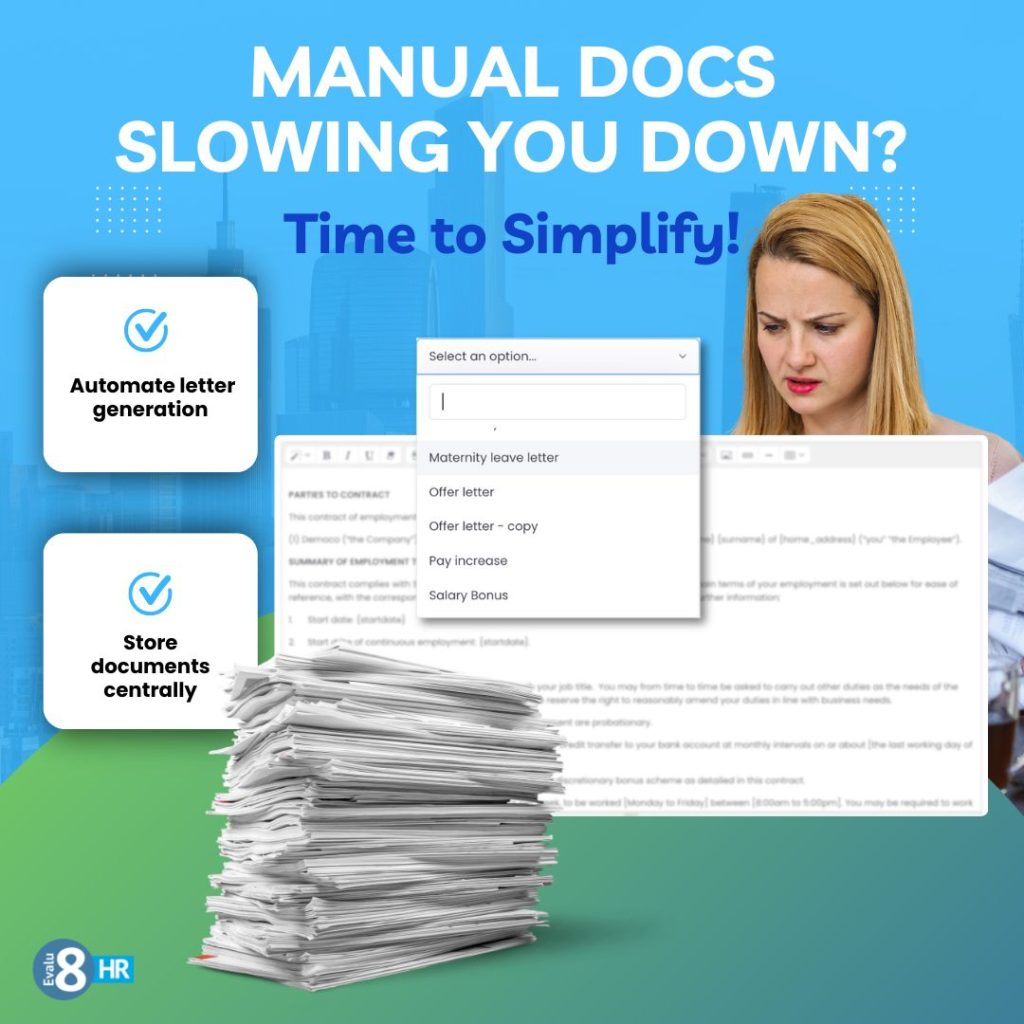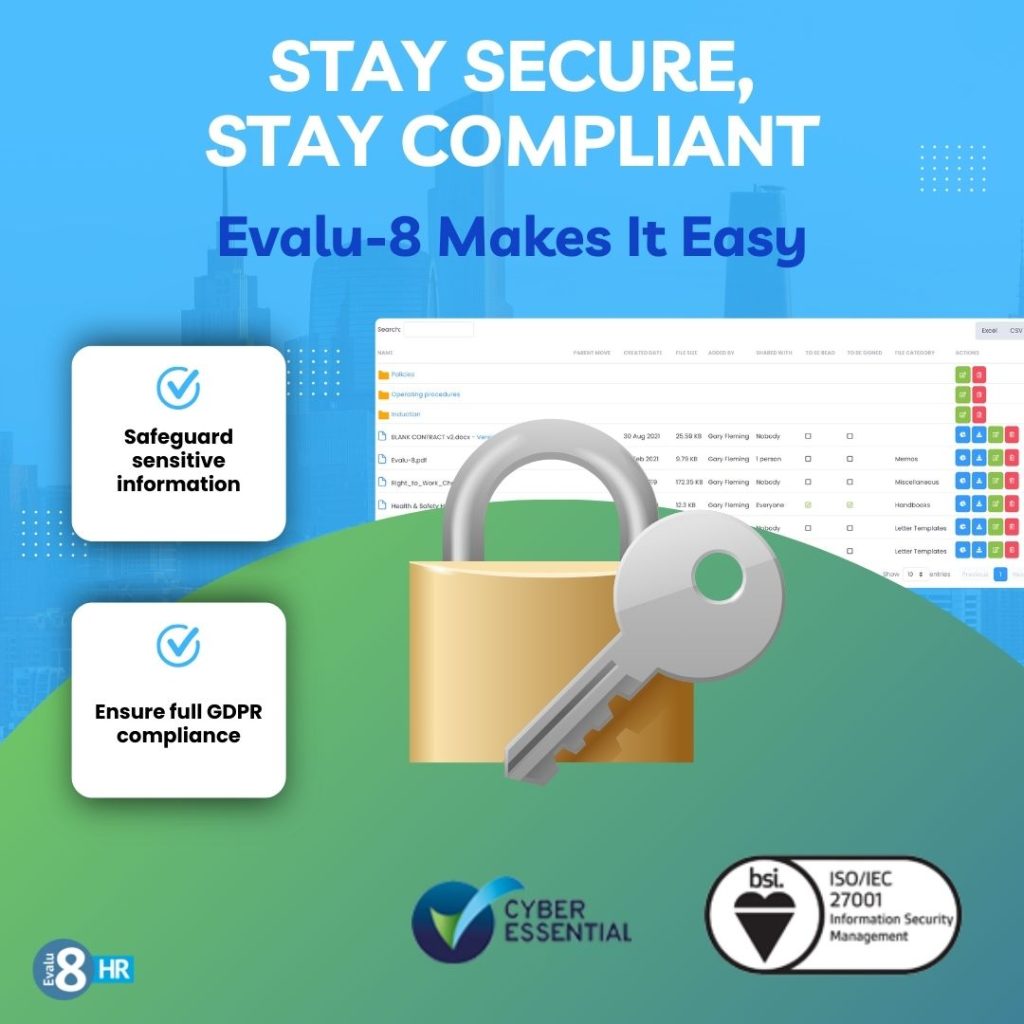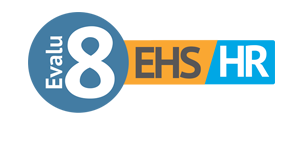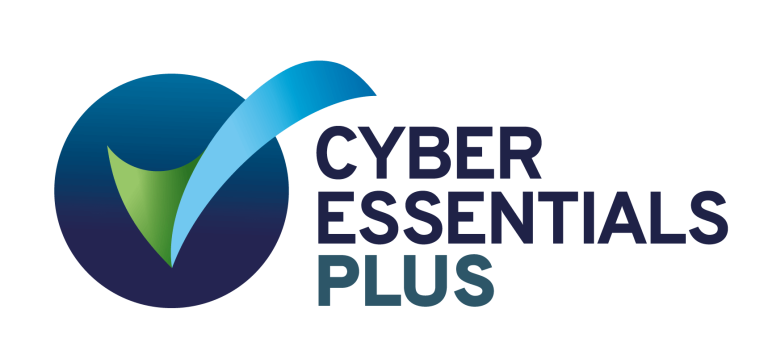In 2026, industries such as accounting, law, and insurance will face some of the most complex HR challenges yet. The world of Human Resources is evolving rapidly, driven by technology, new regulations, and shifting workforce expectations. For accountants, solicitors, and insurers, this will require a strategic approach to managing talent, compliance, and productivity. Managing HR operations effectively will no longer be optional, it’s essential for staying competitive and ensuring smooth day-to-day operations. Let’s explore the major HR challenges these industries will encounter in 2026.
TL;DR:
In 2026, accountants, solicitors, and insurers will face significant HR challenges, including navigating complex compliance regulations, managing hybrid work models, and tackling talent recruitment and retention. As technologycontinues to evolve, businesses must integrate AI and HR management software to streamline operations.
Employee wellbeing, particularly mental health, will be a top priority, with companies needing to create supportive work environments. Additionally, protecting employee data and ensuring privacy will remain critical as data protection laws tighten. To stay competitive, these industries must adopt forward-thinking HR strategies and tools to meet the demands of the future workforce.

Navigating Complex Compliance Regulations
The Growing Burden of Compliance in HR
One of the most pressing HR challenges for professionals in accounting, law, and insurance is the increasingly complex landscape of regulations and compliance. As governments and regulatory bodies introduce more stringent policies, businesses in these sectors must be vigilant in ensuring compliance with ever-evolving labour laws, financial regulations, and data protection standards.
For accountants, staying compliant with financial regulations, tax laws, and industry-specific guidelines is crucial. Solicitors must contend with an increasingly strict set of rules governing client confidentiality, legal ethics, and data protection. Insurers face the challenge of adhering to both local and global insurance laws, from GDPR compliance to Solvency II regulations.
The HR Compliance Challenge
For HR teams in these sectors, maintaining a robust compliance system requires a multi-layered approach. This involves constantly monitoring changes to relevant laws and regulations, implementing internal audits, and ensuring employees are properly trained on new policies. The HR challenge here lies in balancing the need to stay compliant with the pressure to maintain productivity.
A major obstacle in 2026 will be integrating automated HR systems that not only simplify the compliance process but also reduce the risk of costly fines and reputational damage.
Managing Hybrid and Remote Work Models
Adapting to a Hybrid Workforce
With the rise of remote work, many organisations, especially in the accounting, legal, and insurance sectors, are struggling to manage hybrid teams effectively. In 2026, hybrid work models are expected to continue growing, driven by employee demand for flexibility and technological advancements that make remote collaboration more feasible.
While hybrid work models offer several advantages, including greater flexibility and access to a global talent pool, they present new challenges for HR teams. Key difficulties include maintaining company culture, ensuring effective communication, and fostering a sense of belonging among remote employees.
For accountants, solicitors, and insurers, balancing remote work with client-facing duties is a unique challenge. These industries require high levels of client interaction, and maintaining strong client relationships remotely while managing a dispersed team can be difficult.
Ensuring Productivity and Engagement
One of the most significant challenges for HR professionals will be keeping employees motivated and engaged in a hybrid or fully remote setting. Traditional methods of performance management, such as in-person meetings and on-site supervision, need to be replaced with digital alternatives. Tracking performance, monitoring KPIs, and offering consistent feedback will require new strategies and technologies.
HR leaders must also find ways to encourage collaboration among remote teams. Tools like HR management software and project management platforms can be essential for fostering communication and accountability across hybrid teams.
Recruiting and Retaining Top Talent
Attracting Skilled Professionals in Competitive Markets
In 2026, talent scarcity will remain one of the most pressing HR challenges for accounting firms, law firms, and insurance companies. These industries are already struggling to find skilled professionals, and the competition for top talent will only intensify in the years ahead. As technological innovations such as artificial intelligence and automation change the skillsets required for success, businesses will need to be proactive in their recruitment strategies.
Accountants, solicitors, and insurers must offer competitive salaries, benefits, and career development opportunities to attract skilled professionals. Beyond this, they will also need to prioritise a positive company culture and employee wellbeing, offering flexibility, work-life balance, and a sense of purpose.
Retention Challenges: Building Loyalty and Engagement
The real challenge, however, lies in retaining talent once it has been recruited. In 2026, employees in all sectors will demand more from their employers, not just in terms of pay, but also in terms of professional development, work flexibility, and job satisfaction. For HR leaders in accounting, legal, and insurance firms, retention strategies will need to evolve to meet these needs.
Developing a comprehensive employee value proposition (EVP) will be crucial for retention. This involves crafting a narrative that connects the organisation’s values and mission with the personal goals and aspirations of employees. Regular career development and skills training, along with clear growth opportunities, will be essential in keeping talent engaged and committed.
Adapting to Technological Advancements
The Role of HR Technology in Transforming Operations
As technology continues to shape the HR landscape, accounting, legal, and insurance industries will face the challenge of adopting and integrating new HR technology solutions. The rapid advancement of automation, artificial intelligence, and machine learning will impact HR operations across these sectors.
For example, HR management software can automate repetitive tasks such as payroll, benefits administration, and performance tracking. By automating these processes, HR teams can focus more on strategic planning and talent management. However, implementing such technology requires investment in both software and training, which can be a barrier for some businesses.
AI and Data-Driven HR Decisions
One of the most exciting developments in HR technology is the use of AI and data analytics to drive more informed decision-making. In 2026, HR departments will rely increasingly on data-driven insights to improve recruitment, performance management, and employee engagement. The challenge for HR leaders will be in ensuring that they have the right tools and skills to interpret this data effectively and make decisions that benefit both the organisation and its employees.
Mental Health and Employee Wellbeing
Prioritising Employee Wellbeing in 2026
Employee wellbeing, particularly mental health, will be a significant focus for HR teams in 2026. The events of the past few years have heightened the awareness of the need to support employees’ mental health, with an increasing number of employees reporting burnout, stress, and anxiety.
For accountants, solicitors, and insurers, where high workloads and tight deadlines are often the norm, maintaining a healthy work-life balance can be particularly challenging. HR teams must find new ways to integrate mental health support systems into their operations, including offering access to employee assistance programs (EAPs), mental health days, and a more flexible approach to working hours.
Fostering a Culture of Support
Building a supportive company culture where employees feel comfortable discussing their mental health is essential. Training managers to recognise the signs of burnout and stress, alongside creating an open environment where wellbeing is prioritised, will be key for reducing absenteeism and improving overall performance.

Handling Employee Data and Privacy Concerns
Data Protection and Privacy Challenges in HR
As more organisations move towards digital HR solutions, handling employee data securely and ensuring privacy will remain a critical concern. For businesses in accounting, law, and insurance, the need to maintain strict confidentiality and protect sensitive employee information is paramount. This challenge will intensify as stricter data protection laws, such as GDPR, continue to evolve.
HR departments will need to ensure they have robust systems in place for data protection, including secure digital platforms for storing and processing personal information. Implementing data encryption, two-factor authentication, and regular security audits will be essential for maintaining compliance and protecting employee privacy.
Addressing HR Challenges in 2026
As the HR landscape continues to evolve, businesses in accounting, legal, and insurance sectors must take a proactive approach to managing the challenges that lie ahead. From compliance and recruitment to wellbeing and technology integration, the HR function must be agile and forward-thinking to meet the demands of a changing workforce.
By adopting the right strategies and technologies, organisations can future-proof their HR operations, ensuring they remain competitive and compliant in a rapidly changing world. Effective HR management in 2026 will be about embracing innovation, supporting employees holistically, and fostering an environment that encourages growth, productivity, and wellbeing.
Here are the top five actionable takeaways from the article:
To streamline operations and ensure compliance, adopt HR management software and AI-driven tools to automate tasks like payroll, performance tracking, and regulatory compliance.
Implement mental health support systems such as EAPs and flexible work hoursto combat burnout and improve overall employee engagement.
Offer competitive salaries, career development opportunities, and a positive work culture to attract and retain top talent in a competitive job market.
Embrace remote and hybrid work solutions, using digital tools to ensure seamless communication, collaboration, and performance management across dispersed teams.
Ensure robust security protocols are in place for handling sensitive employee data, including encryption, two-factor authentication, and regular data audits to stay compliant with privacy regulations like GDPR.


